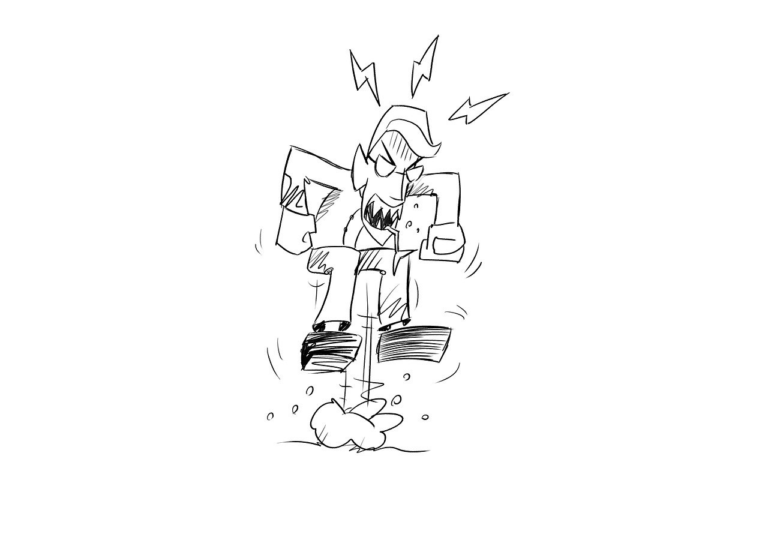Avoiding Costly Mistakes in Recruitment
Warning Signs of Hiring the Wrong Person: Avoiding Costly Mistakes in Recruitment
I’ve learned the hard way that hiring the wrong person can be a costly mistake. It’s like the saying goes, ‘An ounce of prevention is worth a pound of cure.’
That’s why I wanted to share the warning signs I’ve discovered when hiring the wrong person. From ignoring the nature of the relationship to overlooking specific needs and expectations, these red flags can save you time, money, and headaches.
So, let’s dive in and learn how to avoid these costly recruitment mistakes.
Ignoring the Nature of the Relationship
To avoid costly mistakes, I need to ensure I understand the relationship’s nature before hiring a CPA. It is crucial to have a clear understanding of how the CPA will fit into my business and what their responsibilities will be.
Misunderstanding boundaries or lacking clarity in the relationship can lead to confusion and potential errors in financial management. Therefore, I will take the time to thoroughly discuss and define the scope of work with the CPA.
This includes clarifying their tasks, the access level to sensitive information, and the communication channels we will use.
Overlooking Specific Needs and Expectations
Ensuring that specific needs and expectations are communicated is crucial in hiring. Avoiding these key factors is essential, as they can lead to costly mistakes and a mismatch in the employee-employer relationship.
One warning sign to watch out for is not aligning with the company culture. If the candidate’s values and work style do not align with the organization’s core principles, it can create conflict and hinder productivity.
Another warning sign is a lack of transparency in the hiring process. If information about job responsibilities, compensation, or company policies is not communicated, it can lead to misunderstandings and dissatisfaction.
To avoid these issues, it is essential to communicate openly and honestly with candidates, ensuring that their needs and expectations are fully understood and met.
Hiring Based on Emotions or Personal Preferences
Hiring someone based on emotions or personal preferences can lead to a mismatch in qualifications and hinder productivity. It’s essential to make hiring decisions based on objective criteria and professional qualifications rather than sympathy or personal bias.
When we hire individuals who lack the necessary professional qualifications, we can face several challenges. First, they may not possess the skills or knowledge required to perform their jobs effectively, decreasing overall productivity.
Additionally, hiring based on sympathy can cloud our judgment and prevent us from making rational decisions about a candidate’s suitability for a role. Prioritizing qualifications and experience over personal emotions is crucial to ensure a solid and competent team that can contribute effectively to the organization’s success.
Lack of Qualifications and Experience
Lacking qualifications and experience can hinder productivity and lead to challenges in effectively performing the job. To avoid these issues, it is crucial to conduct a thorough skill assessment before making a hiring decision. Here are some key points to consider:
- Clearly define the required qualifications and skills for the job. This will help ensure the candidate possesses the necessary expertise to fulfill the role.
Conduct a comprehensive evaluation of the candidate’s experience and qualifications. This can be done through interviews, reference checks, and reviewing their past work or projects.
Provide opportunities for professional development and growth. Investing in the employee’s ongoing learning and skill enhancement can enhance their capabilities and performance.
Assess the employee’s performance regularly and provide constructive feedback. This will help identify areas for improvement and allow for targeted professional development opportunities.
Unrealistic Expectations and Communication Issues
I’ve found that setting realistic expectations and maintaining open lines of communication are crucial for fostering a productive and successful working relationship. Unrealistic expectations can lead to disappointment and frustration, while communication breakdowns can hinder progress and create misunderstandings.
Establishing clear and achievable goals and ensuring that both parties are on the same page is essential. This involves discussing project timelines, deliverables, and any limitations or constraints.
Regular check-ins and updates can help address issues or concerns before they become significant problems. Additionally, being open to feedback and actively listening to each other can prevent misunderstandings and promote a healthy working dynamic.
Taking Responsibility for a Bad Hire and Striving for Improvement
Taking responsibility for a bad hire is essential. It demonstrates a commitment to improvement and growth within the hiring process. When a mistake is made, reflecting on what went wrong and learning from it is crucial.
Improving the recruitment process is critical to avoiding future bad hires. By analyzing past mistakes and understanding the warning signs, we can make necessary adjustments to ensure a more successful outcome. This involves conducting thorough interviews, checking references, and assessing candidates’ qualifications and fit for the role.
Learning from past mistakes also means acknowledging biases or personal preferences that may have influenced the hiring decision. By being self-aware and objective, we can make more informed choices and select candidates who best fit the position.







